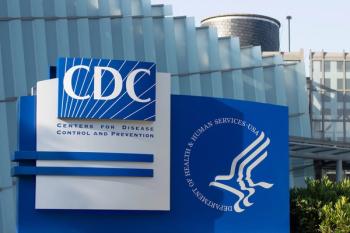
COVID-19 and Influenza
Vaccine experts discuss coinfection with COVID-19 and influenza.
Episodes in this series

Jason Lee, M.S., Ph.D.(c): Obviously, we’ve been talking a lot about influenza, but we can’t forget about COVID-19. We’re still in the midst of the COVID-19 pandemic, and we wouldn’t expect it to disappear this fall. What are your thoughts about cocirculation of both COVID-19 and influenza? Also, from a practice perspective, how do you treat patients who may be coming in with both flu and COVID-19 and having to juggle the different vaccinations on top of all of that?
John J. Russell, M.D.: We’re looking at the study out of Wuhan, China, very early on, but the twindemic never came. There were some studies in April out of Northern California that talked about 20% of people having multiple viruses early on, but we haven’t seen the full force of it. But some of the good changes that have come out of it include moving multiplex testing into primary care offices. If I’m unsure whether this person has COVID-19, influenza, or RSV [respiratory syncytial virus], if I can do one swab and have an answer, that might be really helpful. Maybe I’d use some of the new medicines we have for COVID-19. Maybe I’d use some of the medicines we have for influenza. I don’t have a treatment for RSV, but having a diagnosis makes it much less likely that I’m going to give someone antibiotics that they don’t necessarily need. Moving diagnostic testing from the ED [emergency department] to a primary care office can lead to better care for our patients.
Transcript Edited for Clarity
Newsletter
Stay informed and empowered with Medical Economics enewsletter, delivering expert insights, financial strategies, practice management tips and technology trends — tailored for today’s physicians.







